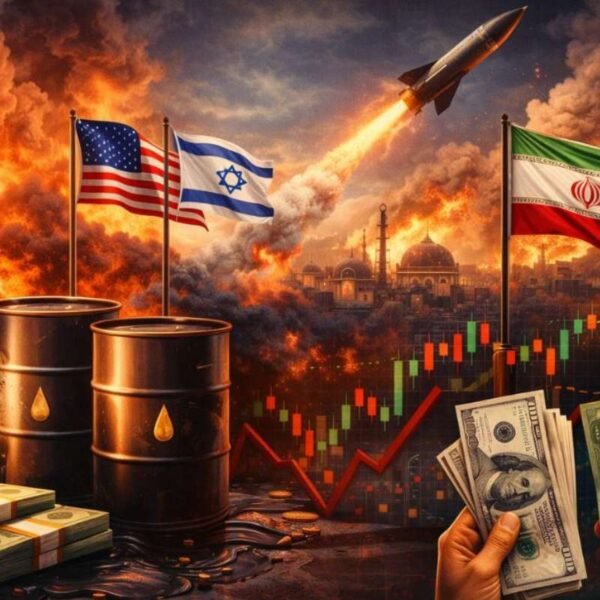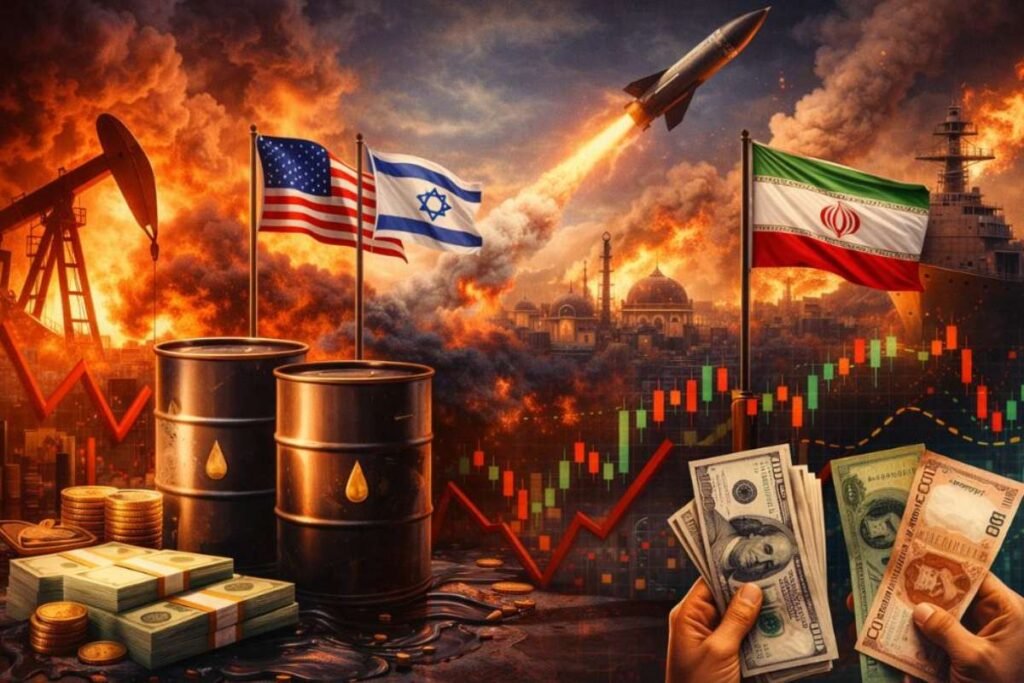Source- Telegraph India
Congressional Confrontation
China has launched a scathing attack on a bill progressing through the US Congress that could spell doom for TikTok within American borders. Accusing the bill of unjustly targeting the popular social media platform, Beijing denounces the proposed legislation as akin to banditry. The bill, passed by the House of Representatives, mandates TikTok’s parent company, ByteDance, to divest from the firm within six months or face a sweeping ban on the app.
Diplomatic Dispute
Amid escalating tensions, President Joe Biden has signaled his readiness to sign the bill into law if it clears Congress, further inflaming relations between the two nations. Beijing has pledged to retaliate with “necessary measures” to safeguard its interests, underscoring the geopolitical ramifications of the ongoing dispute.
Hear Chinese official react to potential TikTok ban
Economic Fallout
The potential ramifications of the bill extend beyond diplomatic sparring, raising concerns about economic fallout and job losses. TikTok CEO Shou Zi Chew warns that the bill could drain billions of dollars from the pockets of creators and jeopardize over 300,000 American jobs. Furthermore, small businesses reliant on it for promotion fear the detrimental impact on their livelihoods, echoing the sentiments of creators who foresee dire consequences if the bill becomes law.
International Ramifications
Beyond the US-China standoff, Canada finds itself embroiled in a similar debate as it grapples with a national security review of TikTok’s expansion plans within its borders. Former Treasury Secretary Steven Mnuchin reveals plans to assemble a team of investors for a bid to buy TikTok, emphasizing the necessity of American ownership to circumvent Chinese regulatory hurdles. However, the international saga underscores the complexities of tech ownership in an increasingly interconnected world, as nations jostle for control over the digital landscape.
As the battle over TikTok rages on, the fate of the app hangs in the balance, emblematic of larger geopolitical tensions and the evolving dynamics of global tech governance.










